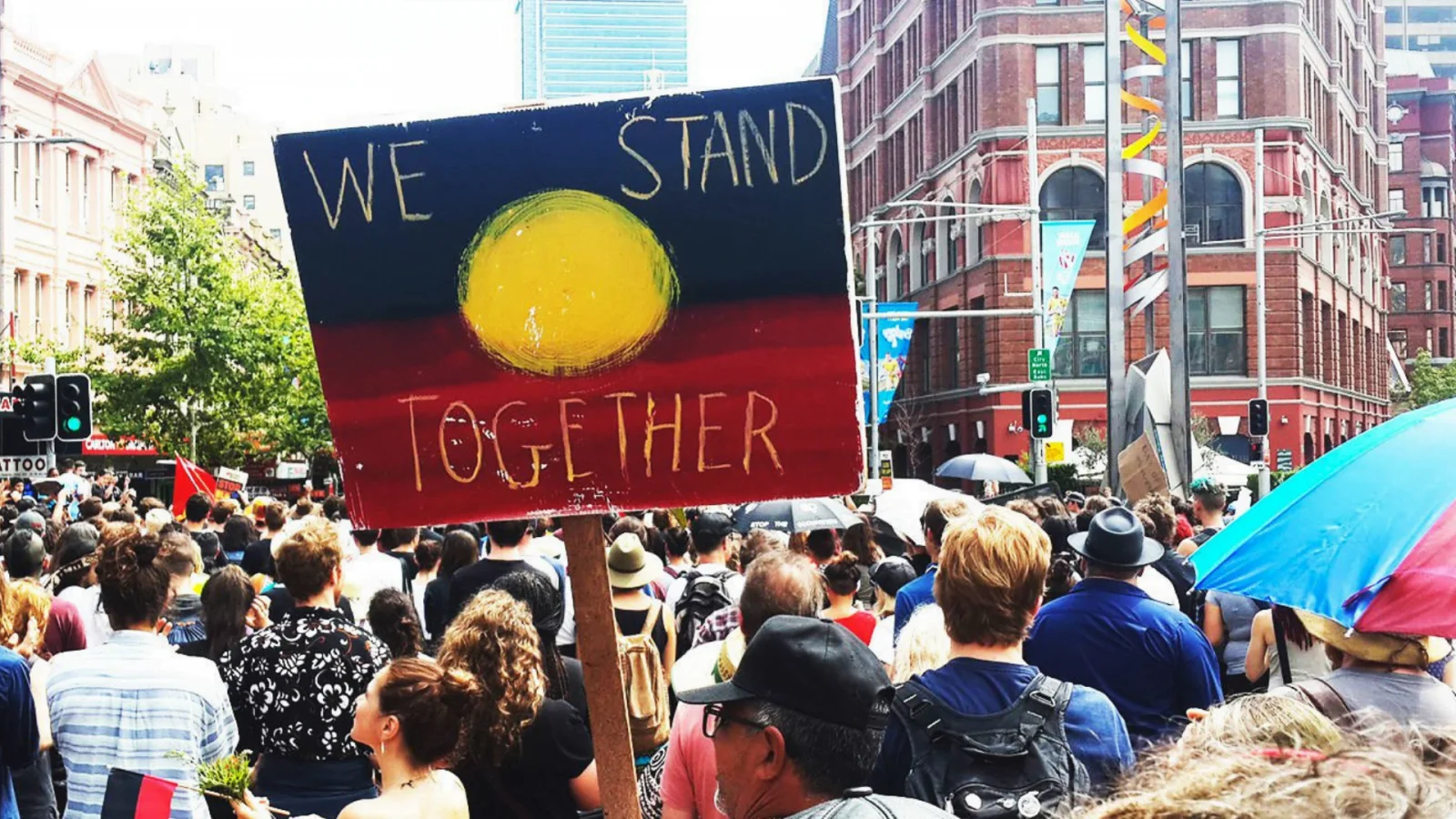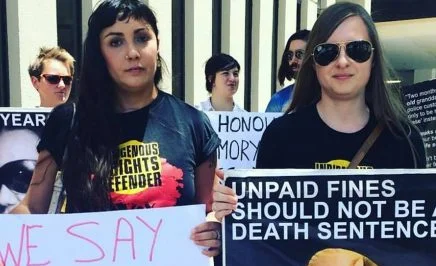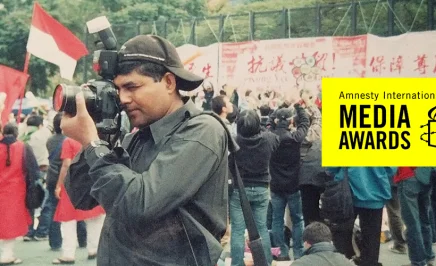Each year the Amnesty International Australia Media Awards acknowledge those Australian media stories that have presented a fair and balanced report of a human rights issue, highlighted hidden abuses and encouraged an audience’s greater understanding of a human rights issue.
With a week left before entries close for this year’s 2021 awards, we’re celebrating winners from previous years’ to demonstrate the importance of a free press.
Media Awards’ 2017 Indigenous Issues Reporting Winner
Winner of the 2017 Amnesty International Media Awards Issues Reporting category was Calla Wahlquist with ‘The Ms Dhu Inquest’ for The Guardian.
The ‘Ms Dhu Inquest’ reports the days leading up to the death of an Indigenous woman in custody in Western Australia. Calla Wahlquist exposes the mistreatment of Ms Dhu at the hands of police and medical staff, and the failings of both parties to stop her avoidable death.
Calla Wahlquist also details the responses of the family and community, particularly in response to footage taken of Ms Dhu while she was in custody. Ms Dhu’s uncle, Shaun Harris is quoted in the report:
“[The footage] has got to get out there… To hear her and to see her like that… how can they say that they didn’t think she was in pain, or that she was faking it, when any decent person could see it on the footage?”
Why is the Ms Dhu Inquest still important today?
The death of Ms Dhu highlights the disproportionate rates of incarceration for Indigenous communities. Indigenous Australians make up 3% of the population, and yet make up 36% of the incarcerated female population. In the case of Ms Dhu, she was in custody for unpaid fines, which cost her her life. Police custody should not be a death sentence, and yet in the last 30 years we’ve seen close to 500 black deaths in custody.
It is important we continue to support journalism which holds authorities to account and challenges injustice for Indigenous Australians. Judges of the 2017 Indigenous Issues Reporting category commented on the importance of the media for bringing Indigenous deaths in custody to light,
“[Calla Wahlquist’s] reporting led the way in achieving social justice for the family of Miss Dhu. We can’t undo what happened but her journalism helped to keep it in people’s minds and focused public attention on this appalling death in custody.”
What action can we take?
If you’re an Indigenous child, you’re 24 times more likely to be imprisoned than your non-Indigenous classmates. The criminal age of responsibility means children as young as 10 can be imprisoned.
We have a responsibility to work together to demand justice for all lives lost in custody, and continue to fight for the lives of children and all those who are trapped in prisons.
Photographer and Judge of this years’ Photography category for the 2021 Media Awards, Nick Moir says of the importance of the press:
“We are hypocrites when we point the finger and yet our first Australians lay in living standards and high incarceration rates.”



